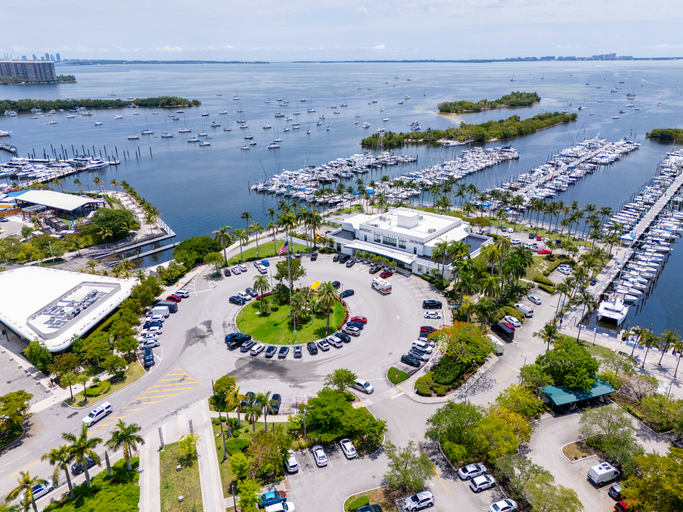Black Miami Man Could Sue City Over Canceled 2025 Election

Miami elected officials messed around and might be about to find out after delaying the city’s November 2025 election by one year. At least one candidate for mayor has threatened a lawsuit, with state officials calling the move unconstitutional.
Nearly two weeks after Miami commissioners voted to delay the 2025 election, mayoral candidate Michael Hepburn announced on social media he was prepared to take legal action.
Citing alleged concerns around voter participation, city of Miami Commissioners voted 3-2 to delay the upcoming election a year. Commissioners Joe Carollo and Christine King, along with current Miami Mayor Francis Suarez, will have their terms now end in 2026 instead of this year. Terms for Commissioners Ralph Rosado, Damian Pardo, and Miguel Angel Gabela run through 2028, instead of 2027. Local reporting indicates the delay will save the city nearly $1 million.
King, Rosado, and Pardo voted in favor, with Gabela and Carollo voting against. Despite claims by the Miami city attorney that the move is legal, Florida Attorney General James Uthmeier issued a stern warning to city officials
Regardless of where the commissioners land ideologically, in many ways, this vote seems like an unforced error in an attempt to allegedly do some civic good. Also, city officials may have violated the state’s constitution by circumventing a ballot referendum.
Hepburn tagged Pardo in an Instagram post last week, urging him to amend his bill to create a ballot referendum that would allow Miami voters to amend the city charter to change the election.
During a recent commission hearing, Hepburn called out alleged concerns about voter participation in odd-year election cycles, citing what he called a “civic empowerment gap” in the city. After about two minutes, the video shows Hepburn being forcibly removed from the podium.
“We have a Civics 101 problem in the city of Miami,” Hepburn said. “But we use voter turnout, or receiving money for changing elections as buzzwords.”
While some social media users have expressed concerns about resurging fascism nationally, it isn’t a one-to-one comparison. Expanding opportunities for people to vote and increasing voter turnout are notable causes, but process and democracy should matter in that pursuit. A January 2025 article in SSIR outlined the considerations for election consolidation, including addressing turnout disparities between odd and even year cycles.
Cities have different states concerning their governance and matters, such as when to hold elections. The rules around municipal elections are often determined in part by the city’s charter and other governing laws. Some cities could decide to change their election system by passing an ordinance. But doing so, less than five months before an election, isn’t a good look, particularly as communities fight back against anti-democratic policies at the state and national level.
The Miami election situation also highlights the importance of public participation at the local level. Groups like Local Progress advocate for collaborative governing as a way of building community power. This also requires people to be brought into the process of co-governance and not simply being turned out when something goes wrong.
“For everyone that has came up here and talked about changing selection, but do not understand the value of my 15th Amendment—how dare you,” Hepburn said. “But then again, you have not marched for it. You did not die for it, and damn sure didn’t protest for it.”
SEE ALSO:
Oakland Voters Say ‘Barbara Lee Speaks For Me!’




